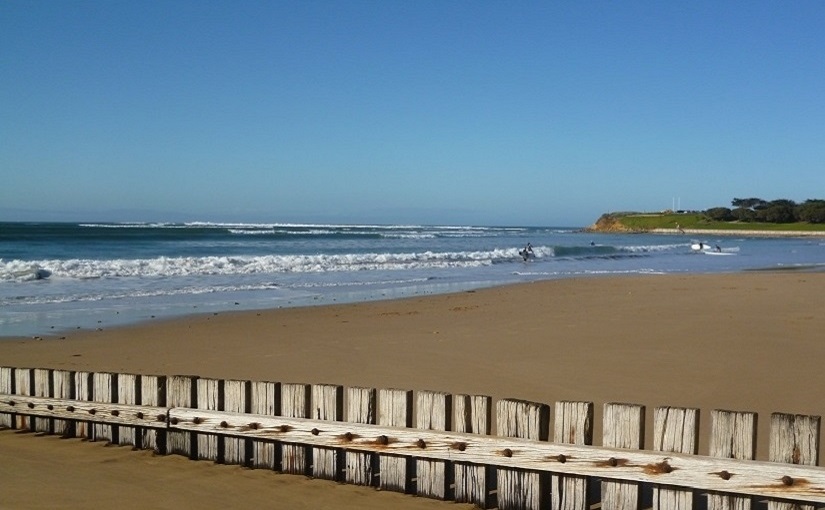In this Culture post I want to take quite a broad look at podcasts and what they have to offer. And when I talk of podcasts, I’m naturally thinking of those I choose to listen to (Rich Roll, Tim Ferriss, and On Being mainly) but I imagine similar things can be said of others.
I think what I like most about them is how it’s listening to the art of conversation and to a fuller expression of human nature than many forms of modern media afford us. There’s something very human about hearing people speak together – their language, tone, pace, humour, and the conversational gestures and interactions that emerge. Even when things veer off track or the people themselves seem to not quite connect, there’s a truth in what’s created. And, without the visual distractions of an image, we’re called on to tune in more to that.
All this seems to revive the world of technology by allowing the conversational human element, rather than the echo chamber of our perceptions. As mentioned in Reality as a sense check, when we’re dealing only with written text I feel there’s a tendency to “hear things with our own voice” – for our ideas, tone, moods and so on to shroud the words with our own preferred meanings. In podcasts you get to hear the other, the nuances and intentions they bring to their words, and the values or attitudes that shine through them.
As discussed in “Towards a New World View” there’s also something beautiful about hearing mutual understanding emerge, as people share their humanity and seek to move common understanding forward through exploring interests and experiences. This links in a way to my thoughts on Communication and the process of change, Value of each human being, and Community – what it was, what we lost in that we all have something to offer and much to learn from one another and the truth of personal experience.
Connecting into Tech as an evolving second life, there also seems something valuable in receiving information and ideas through the eyes and words of human beings. It seems a refreshing return of the purely spoken word and to what is added through bringing our humanity into modern culture, where trends often seem inclined more towards novelty and superficiality. In hearing what people are passionate about, the lessons they’re learning in life, and the messages they wish to impart there seems a sense of community emerging across it all.
Maybe that’s a little idealistic; I can be guilty of focussing more on the possibility rather than the reality of situations. Clearly personal inclinations factor in the choice of material we listen to, and the choices those creating this content make in terms of who they work with and the questions they ask – as ever, there’s a need for discernment. But generally it seems quite democratic, quite laid bare for us to take in as we will rather than overly crafted and controlled – the human voice can be heard.






